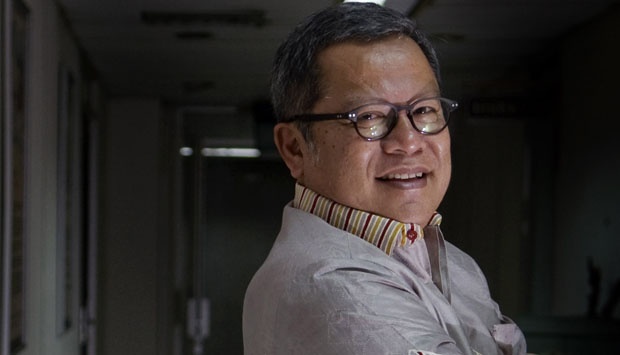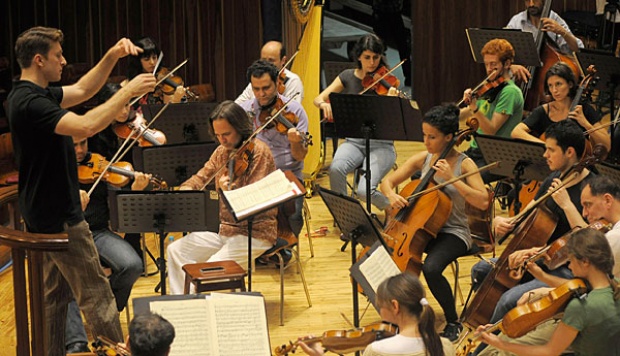
In Indonesia, museums are neglected public facilities. Their visitors are few and their artifacts badly maintained. Of the 275 museums in the country, only 200 are considered to be operational good enough to be visited.
As head of the Cultural Heritage Conservation and Museum directorate, Surya Helmi has vowed to revitalize museums. A policy to regulate the standards needed to maintain museums are currently being drafted by his office.
Two weeks ago, Tempo reporters Syari Fani, Bernadeta Dwi Utami and Wibisono Notodirjo met with Helmi at his office to discuss the fate of museums in Indonesia. Excerpts:
What is the biggest problem facing museums in the country?
Museums provide a service; their personnel have to be social and friendly. Yet this is not the case here. In fact, sometimes, museums are nothing more than a dumping place for personnel who have failed elsewhere. A museum director once told me, he didn't know what his fault was that he was assigned to a museum. He asked for help to be transferred elsewhere.
How did you react to that?
I was saddened. How can a museum become innovative when its own personnel feel unwanted? Then there's the problem of funding. To local governments, the funding of a museum is their lowest priority. The business of museums is not just about management, it's also about attracting the public.
Why aren't Indonesians visiting museums?
Public awareness about visiting museums is still very low. In more developed countries, people are aware that museums contain science and history.
Why would people want to go to a museum when the exhibits are uninteresting?
It's true that museums must be attractive. It's like the difference between a warung (streetside food stall) and a supermarket, the way the goods are attractively displayed to make us want to buy them. People want more than to just look at exhibits when they visit museums. The message conveyed by the exhibits is not reaching them. Imagine if we can tell the story about how the drainage network under the Borobodur temple is as sophisticated as the by-streets of the Sudirman main thoroughfare.
What should the government do to revive the world of museums?
Human resources are the key. Each year we do training sessions in collaboration with donors or international organizations. In 2010, we launched a museum revitalization program. Five years from now, we plan to revitalize 80 museums. So far, 12 of them have been refurbished and revived.
What does this program do?
We look at internal and external issues. Externally, we launched a national love-your-museum movement and send out envoys to speak on our behalf. Internally, we physically improve museums, visitors' facilities, our exhibitions and museum management. We have spent Rp2-7 billion for each museum.
And the result so far?
Not everything has gone smoothly. Revitalization funds sent to the provinces tend to be abused. But there are a few success stories; numbers of visitors have gone up significantly, e.g. in West Java and North Sumatra.
There have been a few good museums initiated by inviduals. How can the government help them?
We are helping and guiding small museums. We train their employees how to set up displays, and we provide them with promotional help, even though it's not much.
What is the criteria to set up an invidual museum? Can someone build a museum based on their own private collection?
We are still drafting regulations on the standards. If they don't meet the criteria, they cannot put up a sign and call their house a museum. We have been quite clear about private collections, like the collection at the Adam Malik Museum in Central Jakarta. We don't know where all the exhibits have gone to. So we closed down the museum.
The interview is also available in Tempo English weekly.






















